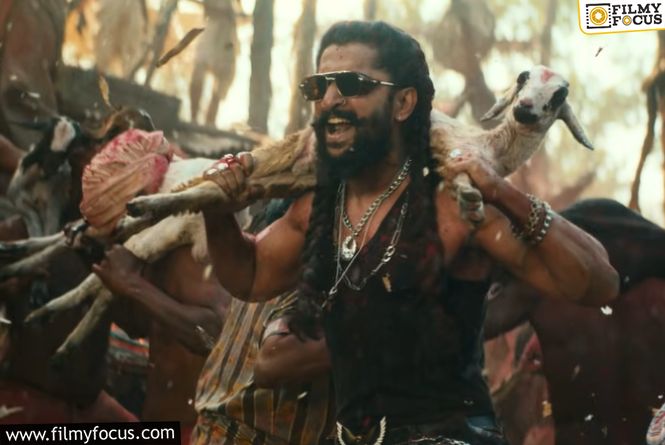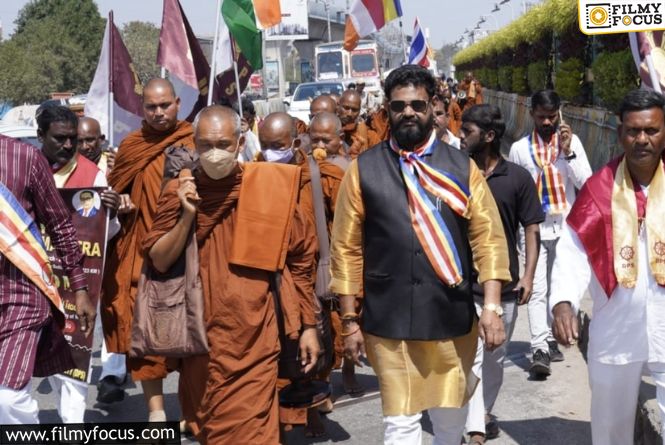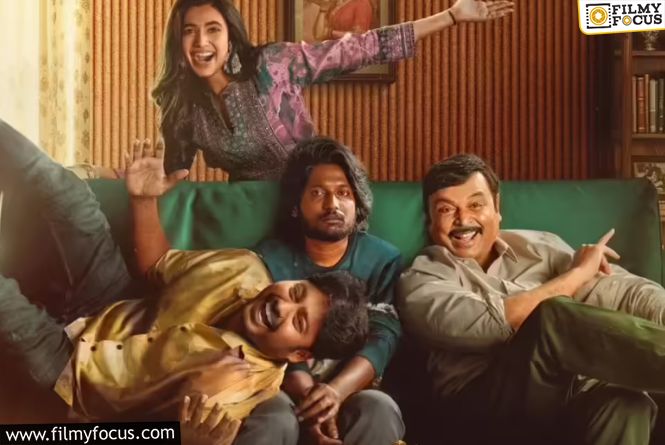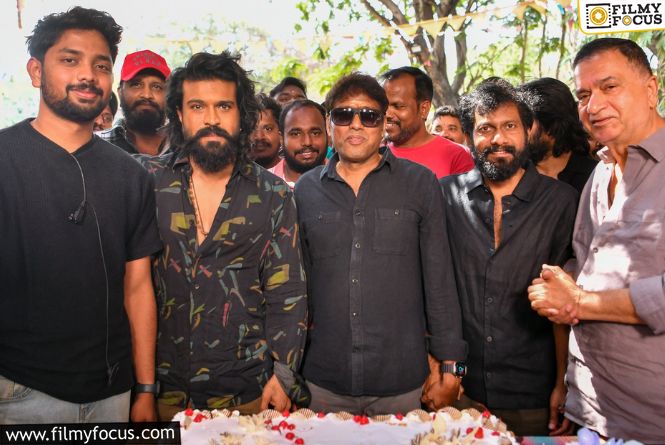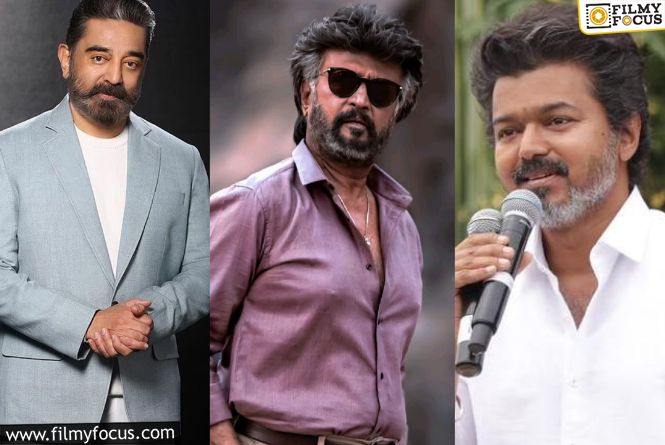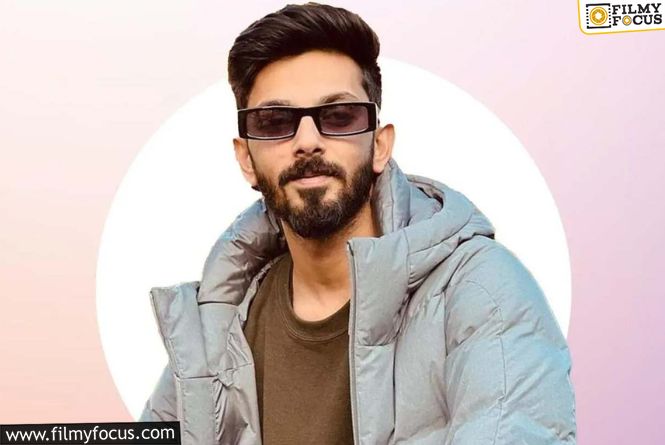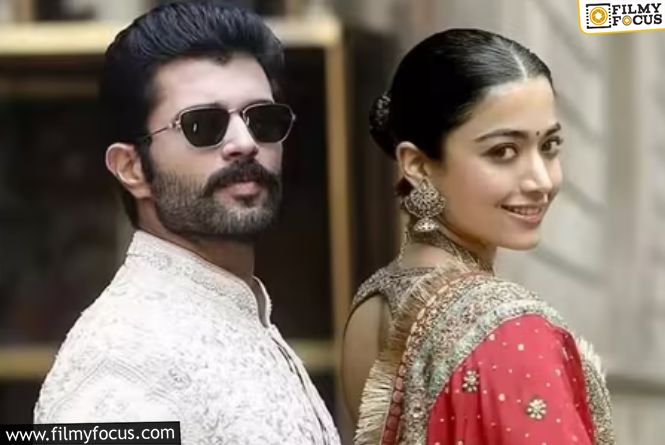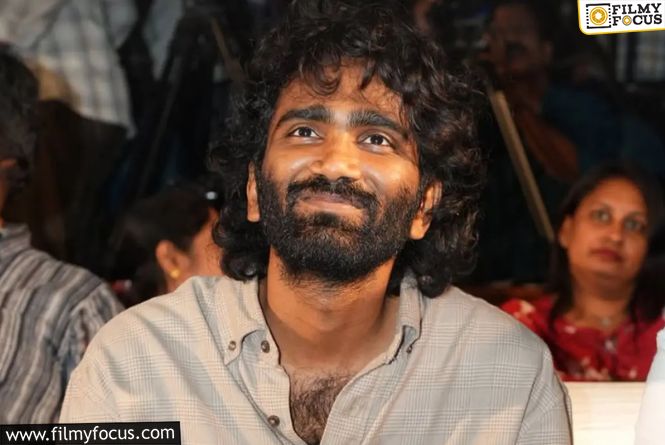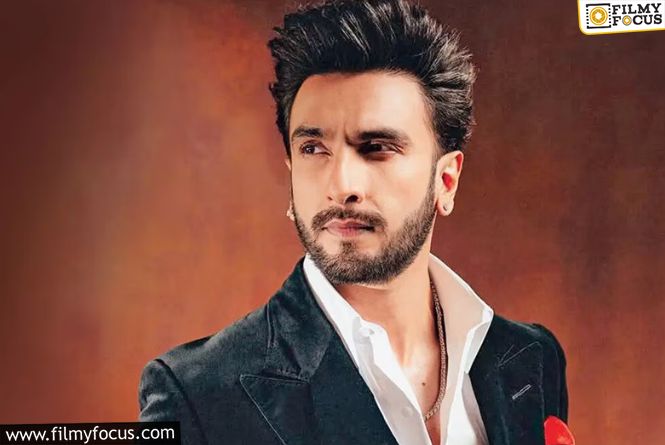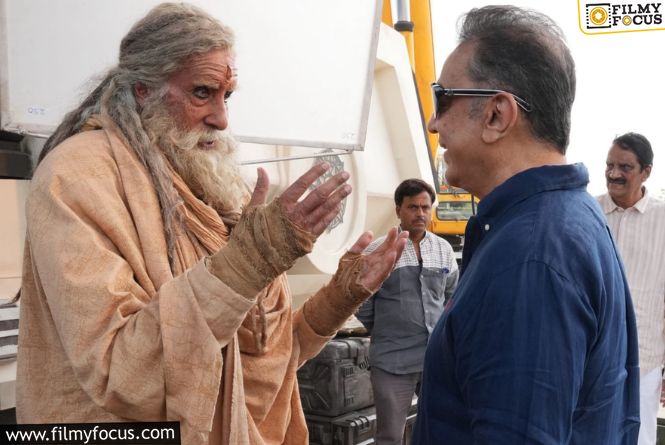West Bengal Government says Scenes in The Kerala Story Might Hurt Cultural Sentiments!
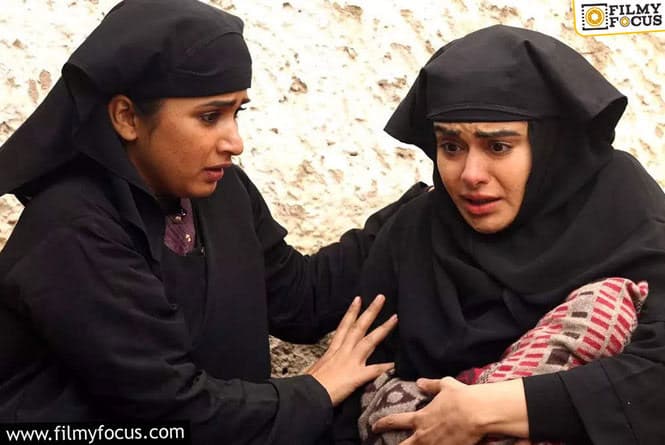
Along with the rest of India, West Bengal premiered The Kerala Story on May 5 and it was shown in over 90 venues.
The West Bengal government has complained to the Supreme Court that the movie “The Kerala Story” is based on falsified information and contains instances of hate speech, which could lead to tension between the communities and support its ban on its screening.
In a counter affidavit, the state government claimed that allowing the film to be shown would lead to unrest and not be in the interests of justice.
The affadivit said, “The movie is based on manipulated facts and contains hate speech in multiple scenes that may hurt communal sentiments and cause disharmony between the communities which will eventually lead to a law and order situation, as has been gauged from various intelligence inputs received by the state government over a period of time,” said the affidavit.
The West Bengal Cinemas (Regulation) Act’s section 6 (1) gives the state government the authority to impose a prohibition on the exhibition of The Kerala Story in order to uphold public order and for the welfare of the general public.
On May 5, The Kerala Story opened in more than 90 theatres throughout the state and the rest of India.
“However, on the very first day after the initial shows, the Intelligence Branch of the government of West Bengal sent a communication to all the police departments alerting them that as per the intelligence report, the release of the movie is likely to cause a violent clash between the extremist groups,” said the affidavit.
“During surveillance, it has been observed that the audience makes very objectionable comments whenever they see a particular scene where Hindu or Christian girls are seen tortured,” it said, adding that it has also been observed that while coming out of movie halls after watching The Kerala Story people discuss among themselves to limit their interaction with Muslims, or that these Muslims ought to be taught a lesson.
It claimed that hateful videos, images, and remarks are being shared against a certain community on social media.
The state administration emphasised that in the current instance, a reasonable restriction on the petitioners’ rights would be considered given the demography of the state of West Bengal and the hate speech contained in the film, which was further supported by the intelligence assessment.
It was made clear that it was passing this order to safeguard the safety and security of the state and its citizens, not to overturn the CBFC’s certification.
The West Bengal administration was asked a series of questions by the Supreme Court on May 12 over the movie’s prohibition, noting that it was being screened throughout the rest of the nation and that West Bengal had no justification for doing so.
Senior attorney A.M. Singhvi, who was arguing on behalf of the West Bengal government, was informed by a bench led by Chief Justice of India D.Y. Chandrachud and Justice P.S. Narasimha that,“The film has been released in the rest of the country, West Bengal is no different from any other part of the country.”
The Chief Justice said: “If the film can run in peace in other parts of the country, why should the state of West Bengal ban the film?….if the public does not find it worth seeing, they will not see the film.”
“It is running in different parts of the country, which has a similar democratic profile as the state of West Bengal. Why should you not allow a film to run?”
On a motion by filmmakers contesting the state government’s ban on the film, the supreme court gave notice to the West Bengal government.
The filmmakers argued that the state government lacks the authority to outlaw a picture that has received approval from the Central Board of picture Certification for public viewing.
They argued that the state government could not halt the movie’s showing based on concerns about law and order. They claimed that doing so would violate the fundamental rights that had been promised to them.

